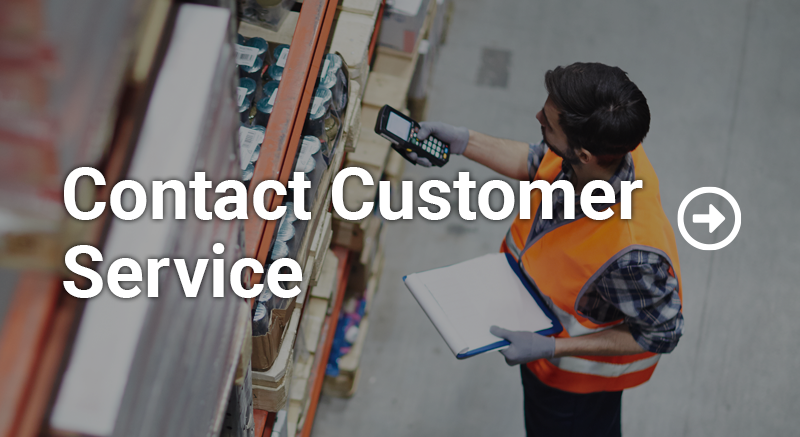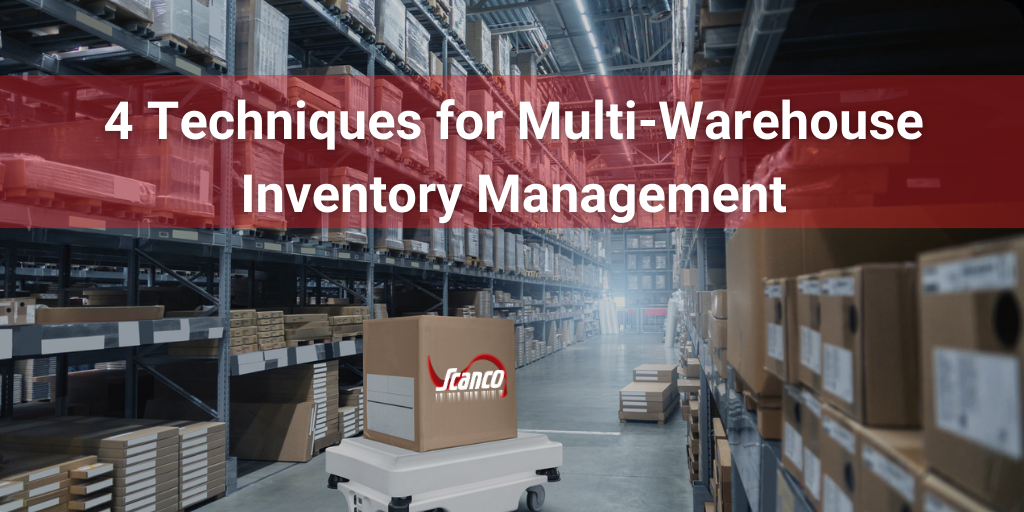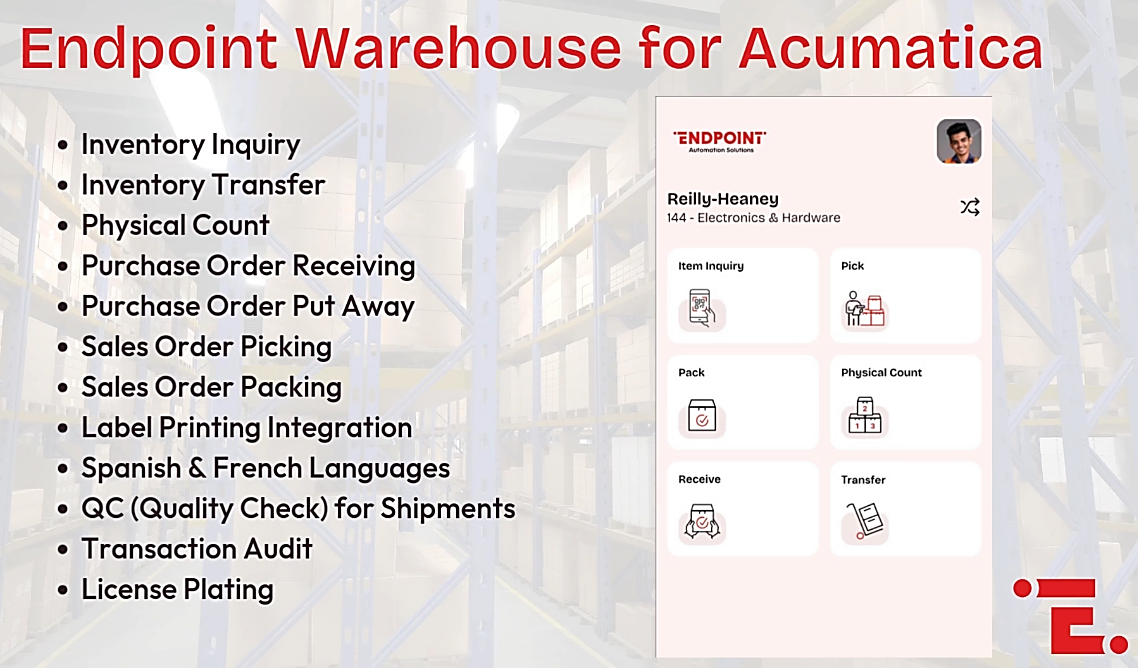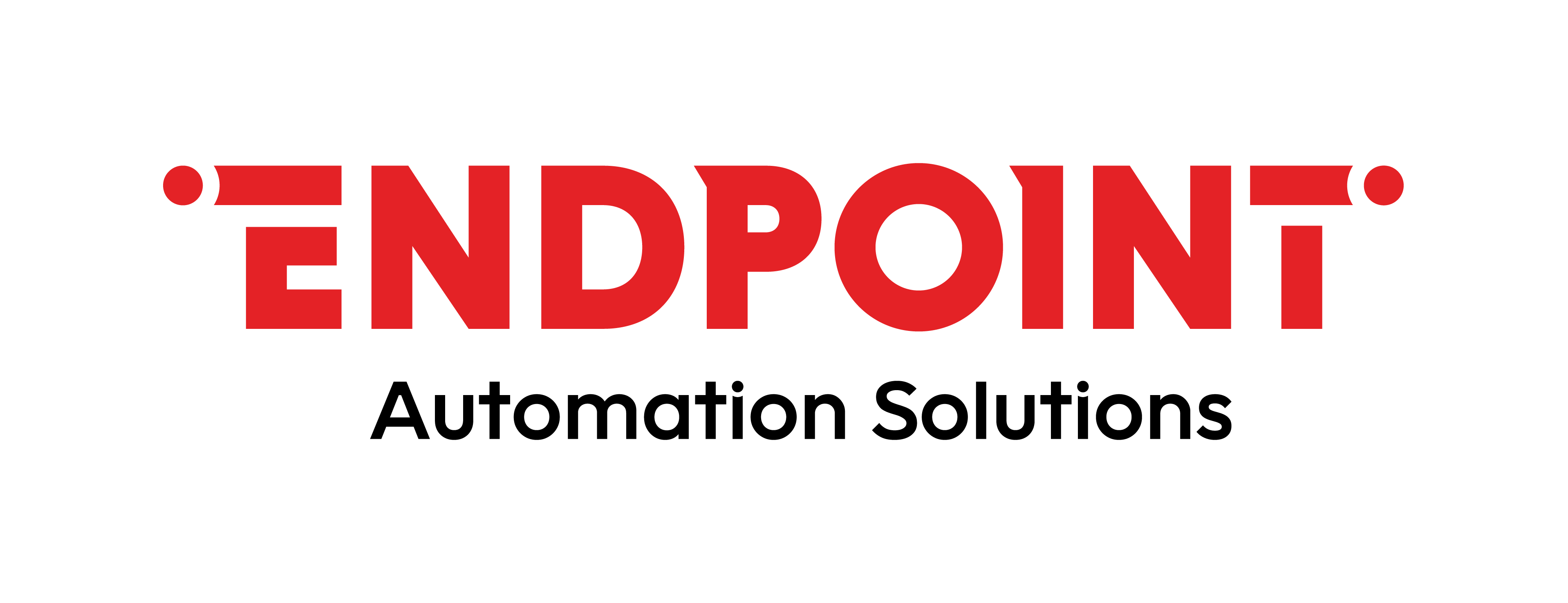March 5th 2025 10:26:27 AM
Catch Weight Management Automates and Simplifies Processes
August 9th 2023 11:00:00 AM
In the food industry, some items are easy to track and manage. These foods are packaged in standard units, like boxes or cartons. Calculating the amount being sold to a customer is a straightforward process. [X number of boxes or cartons @ Y price = amount charged.] When the items vary according to weight but are being sold by the pound, calculating their value becomes more challenging.
If your company is selling items like meats, cheeses, or poultry, you have no doubt encountered this situation. Each item is a different weight as it goes into a transportation container. The entire transportation container’s contents are weighed and then sold by the pound.
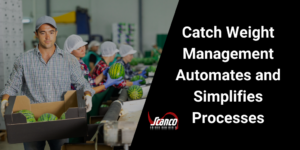
The same scenario occurs with certain types of produce, such as watermelons, cantaloupes, and pumpkins, which are sold by weight. Their size can vary significantly from one unit to the next. It wouldn’t be fair to the wholesaler or the retailer to try to buy or sell these items at a set rate. One of the parties would end up paying either too much or too little some of the time.
Cashews and pecans are sold by catch weight due to size variations, depending on nut variety and quality.
Why Use Catch Weight Calculation Tools?
Catch weight calculation tools minimize human error in the process. They also allow your company to invoice customers accurately, which leads to higher profit margins.
Using catch weight is not a new idea. However, many food distribution companies still rely on manual processes to calculate catch weight. This option often results in a higher error risk and inefficient processes.
Catch Weight Management for Food Businesses
Catch value management is the actual weight of the product at the time of sale. This term is used in industries where high-value products that vary in size and weight are sold.
Manufacturers who sell products by weight as opposed to a fixed price per case or package will often use catch weight.
When fresh poultry is sold at the supermarket, the meat is weighed and sold at a set price per pound. The store uses a catch weight management function to price its products. Manufacturers weigh each package of a product and label it, indicating the weight. The customer pays for the exact amount purchased (random weight case).
Options for Dealing with Catch Weight in Food Manufacturing
What can food manufacturing companies do to cope with the issue of catch weight in food manufacturing?
- One method is to hire an employee to track the weight of each item manually. The worker will be expected to record each weight using pen and paper as the products come off the line. This method may not be accurate, since the data collected may need to be manually entered into the company computer system. It is also a time-consuming process, and company managers must wait for data to be uploaded.
- Food manufacturers can also use automated software systems to record each unit’s weight as it comes off the line and is labeled. This method eliminates the human error factor and is much faster than manually recording the weight of each item. Automated software systems can also track sales and inventory along with product weights.
Benefits of Having Automated Catch Weight Management Software
Automating your catch weight gives you the following benefits:
- All Data is Managed in Company Computer System
All data captured during the catch weight process is managed by the company’s computer system. Companies can rest assured that their data is accurate, even when they are dealing with large volumes.
- Weighing and Labeling Process Is Faster
Barcodes and labels generated indicate weight, lot numbers, and serial numbers. The process is much faster than having someone perform the process manually. Lot numbers can also be assigned to a pallet to facilitate shipping to the correct customer.
- Lots Can Easily Be Tracked Through the Supply Chain
Since lot numbers are tracked through the catch weight process, they can be traced forward and backward through the supply chain. Your shipping department can easily track pallets as they make their journey to customers.
Scanco’s Catch Weight V. 2021 Available to Manufacturing and Distributing Customers
If your company ships items of different weights in a box or on a skid, you’ll still want to keep accurate records of the products’ weight. Catch Weight V.2021 (“Catch Weight”) was developed specifically for customers in this situation, particularly those in the food industry who often sell by the case (or another unit of measurement). It’s common for food industry companies to invoice their customers by the pound.
Catch Weight was developed with this industry’s needs in mind:
- It works for customers who have installed Scanco Multi-Bin. Catch Weight also works independently of Scanco Multi-Bin.
- Catch Weight was developed for specialty food manufacturers and distributors who commonly sell their products by the case or use another unit of measurement and invoice by the pound. This robust software can handle up to 200 cases assigned to a single item.
- Scanco has added the following fields to Catch Weight accounts receivable: History Inquiry, Invoice History, Printing, and Reports. Catch Weight fields are also integrated into Scanco Warehouse handhelds.
- Is Catch Weight accurate? Your team can input up to four decimal places in the software’s weight fields for maximum weight accuracy.
How can you get Scanco’s Catch Weight for your company? This module is available as an add-on for Scanco WMS Advanced. It is included with Scanco WMS Professional.
Would you like to learn more about Scanco’s solutions and how we can help your company simplify its processes through automation? Contact us online or call (330) 645-9959 to make an appointment with a Scanco Solutions Expert today.
